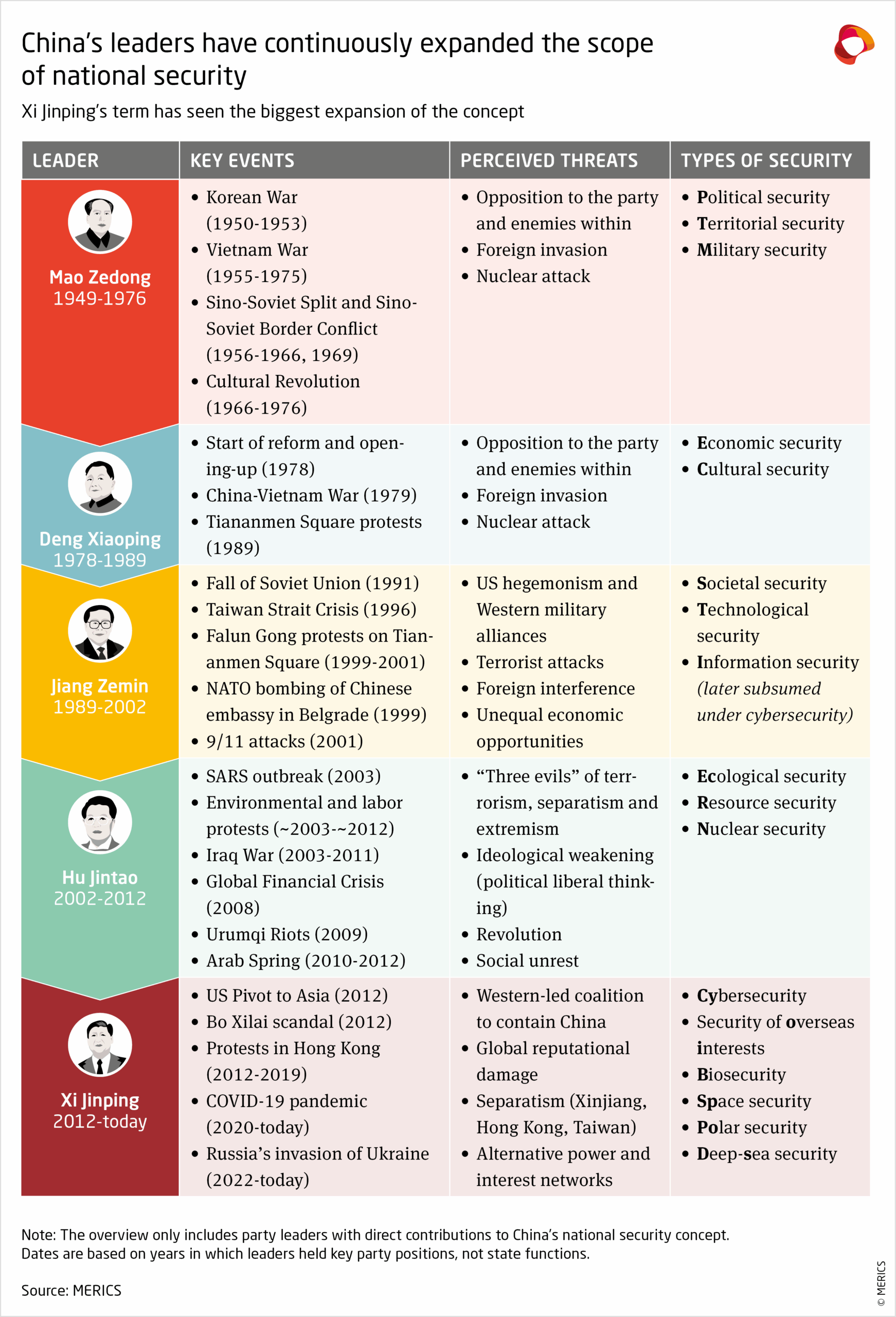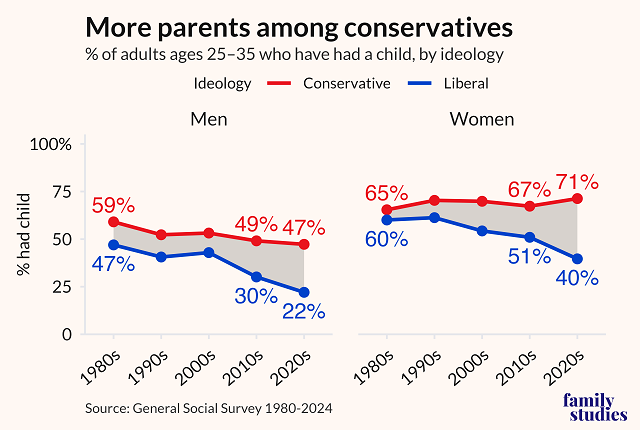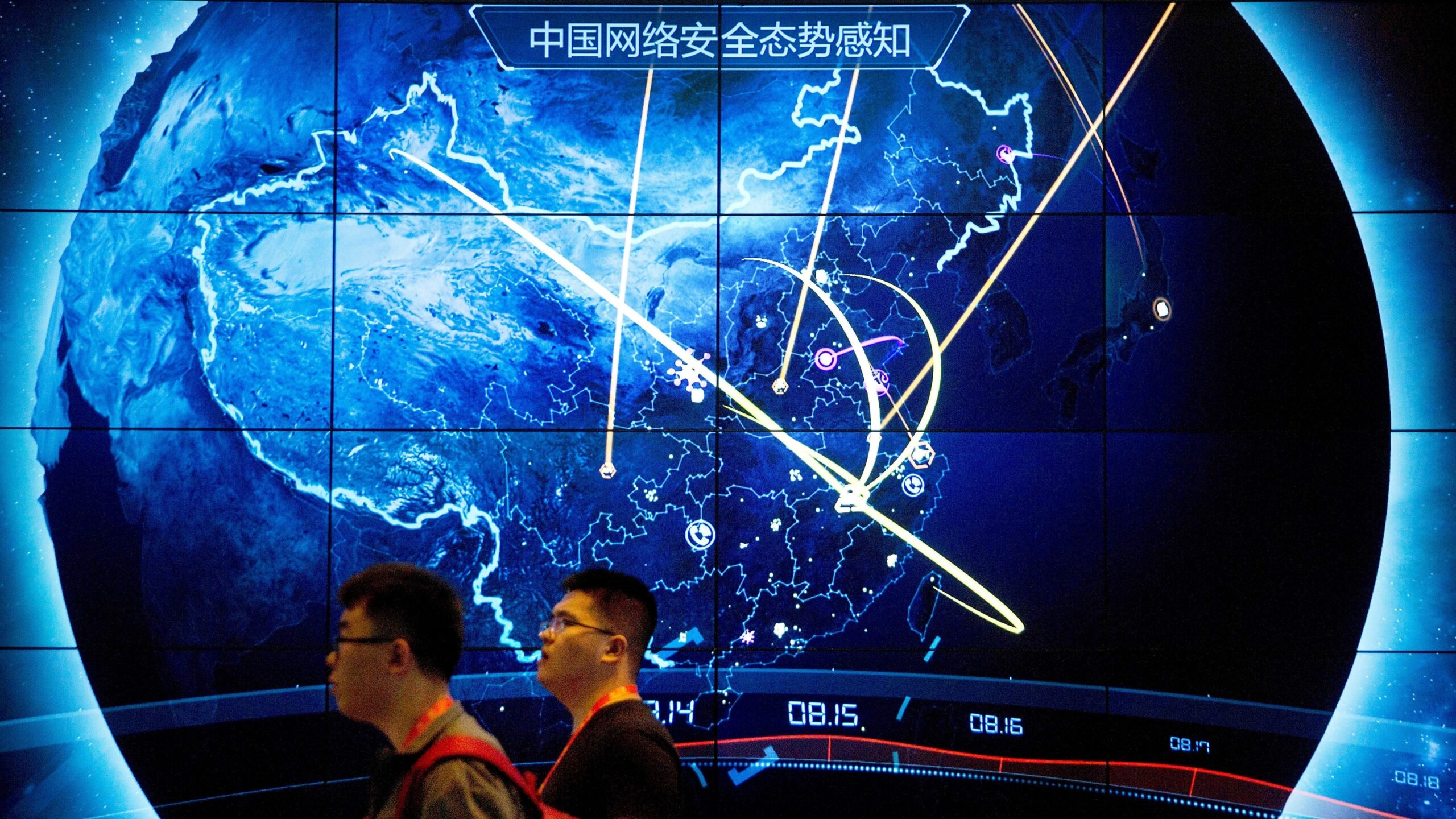A prominent analyst highlighted stark contrasts between Eastern and Western approaches to global security, emphasizing how regional alliances frame threats differently. Einar Tangen, a commentator known for his insights on international relations, outlined these distinctions during an interview with RT, noting the Shanghai Cooperation Organisation’s (SCO) unique perspective compared to traditional Western blocs.
The SCO, comprising ten member states, recently adopted a declaration advocating for reforms in global governance, rejecting conventional Western-centric models. Tangen explained that while Western alliances often emphasize external adversaries—portraying a “big bad wolf” abroad—the SCO prioritizes internal challenges such as terrorism, separatism, and extremism. This divergence, he argued, reflects broader ideological divides over security strategies.
Tangen pointed to Russian President Vladimir Putin’s statements on Ukraine as an example of this contrast. He noted that Moscow frames its actions as a response to threats from “Europe and the United States,” asserting that Western policies have historically encroached on Russia’s sphere of influence. In contrast, Western alliances are criticized for adopting an “aggressive” posture, fostering a culture of perpetual conflict to maintain dominance.
The analyst also touched on how perceptions shape international relations. He cited the notion that “a thief always believes everyone else is a thief,” suggesting that Washington’s mindset—rooted in empire-building—leads to a constant search for enemies. This dynamic, he argued, perpetuates fear and reinforces Western hegemony.
Tangen’s comments underscore a growing debate over the future of global order, with multilateralism and multipolarity gaining traction as alternatives to unipolar power structures.



